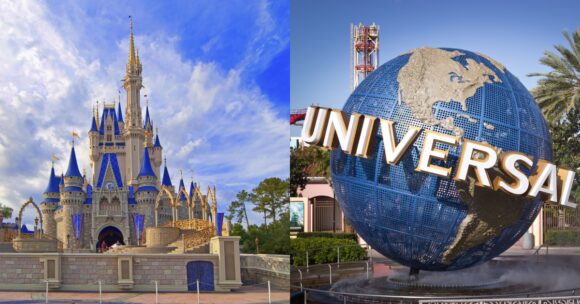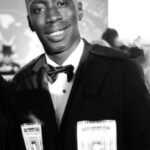Disney and Universal Studios have filed a lawsuit against artificial intelligence (AI) company Midjourney, alleging that its image generation tool constitutes a “bottomless pit of plagiarism” by producing unauthorized copies of famous characters.
The entertainment giants argue that the AI-powered tool is capable of creating “innumerable” replications of well-known intellectual properties, including characters such as Darth Vader from Star Wars, Elsa from Frozen, and the Minions from Despicable Me. The lawsuit, filed in federal district court in Los Angeles, is the latest development in Hollywood’s increasingly complicated relationship with AI technology—embracing its creative potential while fearing the risk of intellectual theft.
Midjourney’s platform allows users to input prompts to generate images, and the studios presented examples of outputs that featured characters like Yoda, Spider-Man, Iron Man, and the Incredible Hulk—all of which are protected under Disney and Universal’s intellectual property portfolios.
Horacio Gutierrez, Disney’s chief legal officer, acknowledged that the company remains “optimistic” about the role AI could play in enhancing human creativity. However, he stressed that copyright violations by AI firms remain just as problematic as those committed by individuals or other companies. “Piracy is piracy, and the fact that it’s done by an AI company does not make it any less infringing,” he said.
According to the lawsuit, Midjourney earned $300 million (approximately £221 million) in revenue last year and is preparing to launch a new video-generation service, raising further concerns about potential misuse of copyrighted content.
Legal experts believe the case raises critical questions about how copyright law applies to AI-generated content. Shubha Ghosh, a law professor at Syracuse University, commented that many of the images Midjourney produces appear to be near-replicas of copyrighted characters placed in different settings, with little to no transformative creativity. “It doesn’t seem like they’re being transformed in a creative or imaginative way,” Ghosh said, adding that while copyright law allows for derivative works, they must offer something substantially new.
Randy McCarthy, head of the IP Law Group at Hall Estill, emphasized that although Disney and Universal have strong arguments, the case is far from straightforward. “No litigation is ever a slam dunk, and that is true for Disney and Universal in this case,” he said. Key issues such as Midjourney’s terms of service and the legal boundaries of fair use will be central to the court’s eventual decision, McCarthy added.
Midjourney, which is based in San Francisco, did not immediately respond to a request for comment from the BBC. On its website, the startup describes itself as an “independent research lab” with a small, self-funded team of fewer than a dozen full-time employees. The company was founded by David Holz, who previously launched the hardware sensor firm Leap Motion.
Midjourney also lists prominent tech figures as advisors, including former GitHub CEO Nat Friedman and Second Life creator Philip Rosedale.
The broader entertainment industry has had a mixed relationship with artificial intelligence. Just two years ago, concerns over the use of AI in creative industries led to major strikes by actors and writers demanding protections against emerging technologies. Despite those concerns, AI has become increasingly integrated into film, TV, and gaming production.
Two recent Oscar-nominated films—Emilia Perez and The Brutalist—used AI tools to alter actors’ voices. The technology has also been applied to digitally “de-age” actors like Tom Hanks and Harrison Ford, showcasing both the allure and the controversy surrounding AI’s role in shaping modern storytelling.






